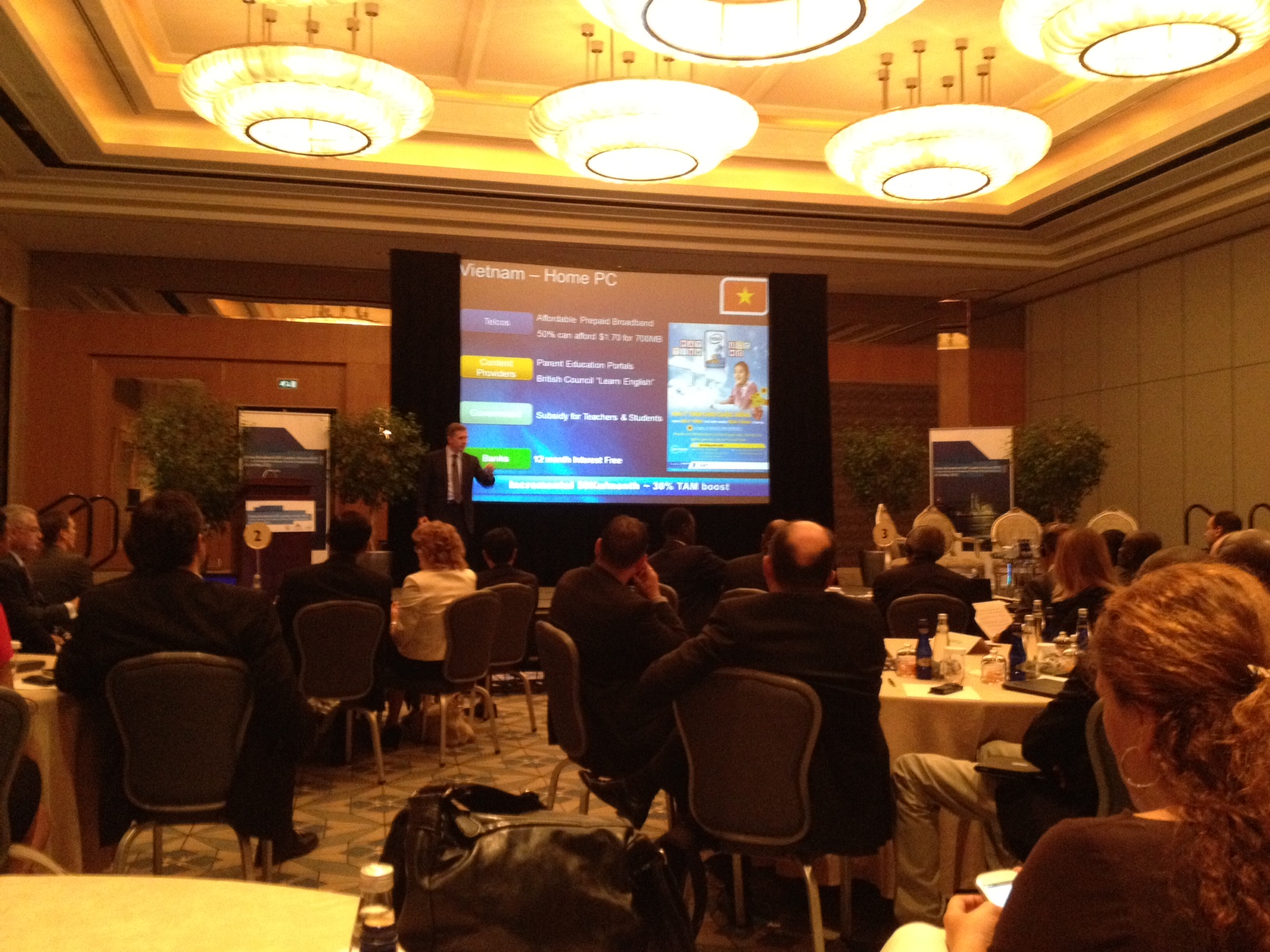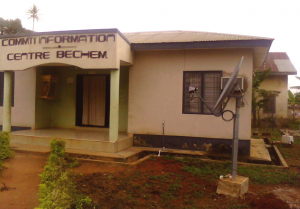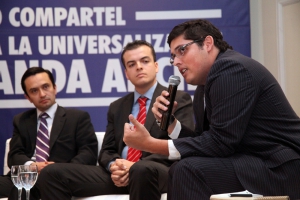
Photo Credit: Republic of South Africa
The South African Department of Communications in partner with the International Telecommunications Union (ITU), hosted the inaugural ICT Indaba 2012 conference June 4-7, 2012 at the Cape Town International Convention Centre, South Africa.
The 2012 ICT Indaba showcased how South Africa’s strong ICT infrastructure can benefit strategic sectors of the African economy such as education, healthcare, infrastructure and extractive industries. With a strong focus on socioeconomic development and job creation, Deputy President Kgalema Motlanthe reminded attendees that on average, a 10% increase in broadband connectivity for developing country leads to a 1.4% increase in GDP. Furthermore, international delegates and ICT industry leaders stressed the importance of developing and implementing an ICT strategy, to act as a catalyst for the other African economies.
The conference gathered international stakeholders to create a continental agenda to expand the growth of the ICT sector, and establish a networking platform for like-minded industry leaders. Expected to run annually for the next five years, the ICT Indaba will be used to discuss ICT policies geared towards poverty reduction and the creation of a knowledge based economy across the continent. This year, four speakers from Rwanda, China, Cuba and India presented papers on different development models for ICT industry. Additional keynote speakers included but were not limited to the President of the Republic of South Africa, Mr. Jacob Zuma; Deputy Secretary General of the ITU, Mr. Houlin Zhao; Lead ICT Policy Specialist of the World Bank, Dr. Tim Kelly; and Managing Director of Microsoft South Africa, Mr. Mteto Nyati.
Taking a collaborative approach to ICT development and welcoming relations between countries and regions, African leaders aim to fast track their policies for increasing broadband access across the continent. Using a theme entitled “Bridging the Digital Divide”, a target was set by the Ministries involved to have 80% of the African population online by the year 2020. Speakers stressed the importance of using sustainable, affordable green technologies to foster socioeconomic development throughout the continent. The need to reach rural areas was discussed as well, by presenters like Motlanthe who stated, “We must also not forget that 55% of the Africans live in rural areas. As a result, it is our responsibility to ensure that they are integrated into the Knowledge-based society”.
Not without its challenges, one obstacle to ICT development addressed during the conference was the comparatively high price of broadband. Acknowledging this obstacle, new licensing plans have been enacted in order to increase competition in the data market, decreasing prices and making access more affordable. As South African Communications Minister Dina Pule stated, “These Internet Service Providers (ISPs) big and small are also expected to offer affordable broadband services to poor South Africa’s and people living in rural areas”. On a regionally wide scale, five more undersea cables to be constructed by 2014 will also reduce costs associated with universal access.
In addition to setting the 80% broadband penetration target, a team will also be set up to monitor the implementation of Indaba’s resolutions. While simultaneously serving broader development objectives, such as attaining the Millennium Development Goals, the ICT Indaba created a forum through which the continent can openly discuss and subsequently address, complex issues surrounding ICT strategies. The declaration prepared by the Ministries involved also reaffirms Africa’s commitment to ICT for development, and the ongoing implementation of ICT polices already in effect. Given the large amount of stakeholders that attended the inaugural conference, it will be interesting to see how Africa’s progress takes shape in the years to come.


 In April 2012, President Obama announced the creation of the
In April 2012, President Obama announced the creation of the 






































